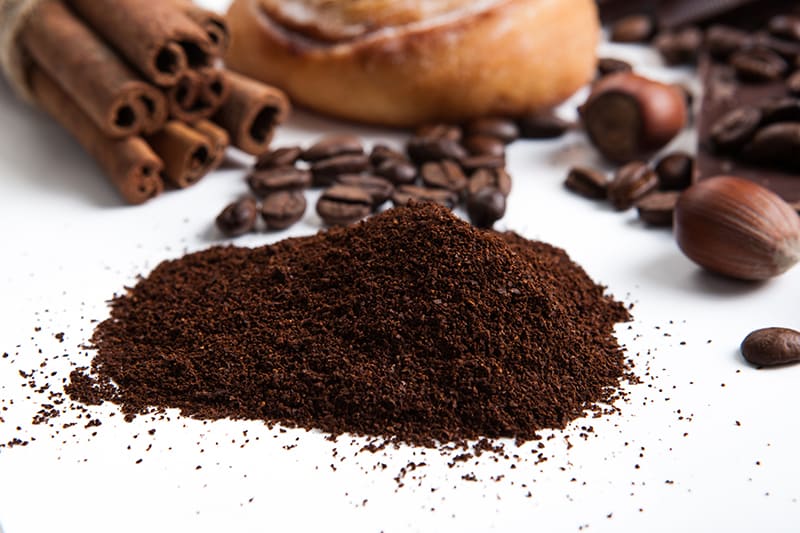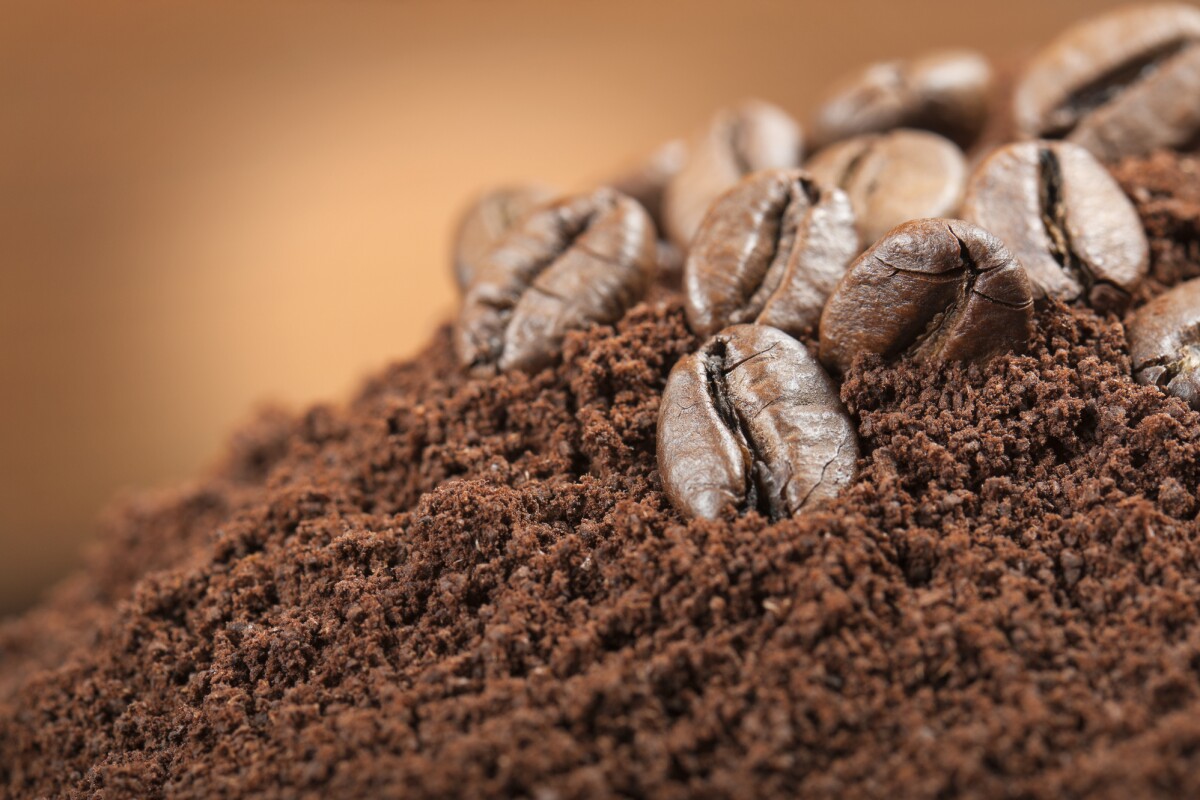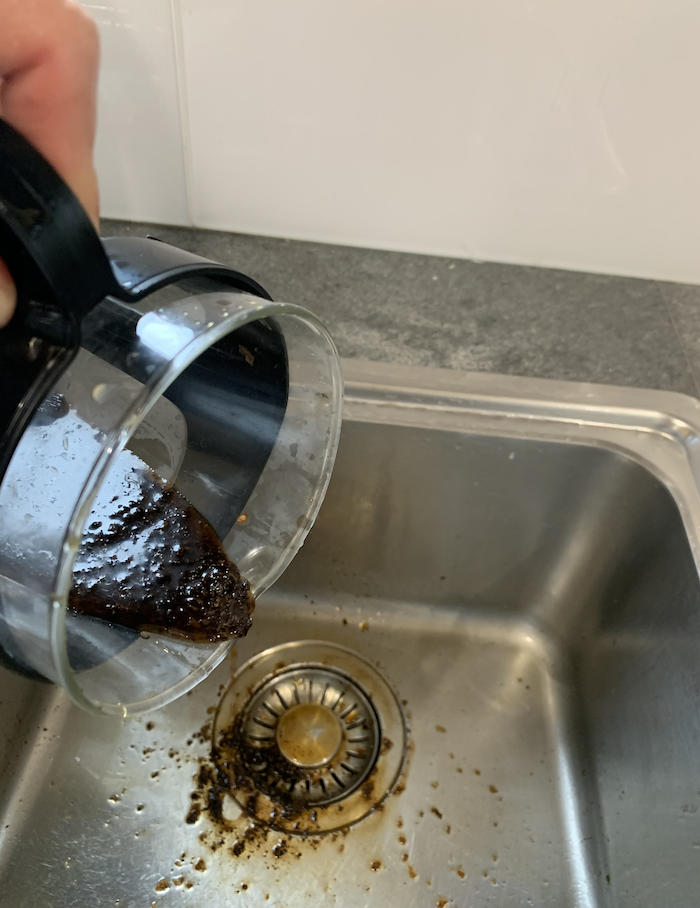Just about every person seems to have their private theory with regards to Can You Put Coffee Grounds in the Sink Garbage Disposal?.

If you're an enthusiastic coffee enthusiast, you may be wondering about the best method to throw away your coffee premises. While it may seem convenient to wash them down the sink, this technique can lead to a number of problems for both your plumbing and the environment. In this article, we'll explore whether it's risk-free to put coffee premises down the sink and talk about alternative disposal approaches to take into consideration.
Alternatives to Disposing of Coffee Grounds
Garbage Disposal
If you do not have a composting configuration, an additional option is to just toss your coffee premises in the trash. Make certain to seal them in a compostable bag or container to stop smells and leakage. While this method doesn't offer the same ecological advantages as composting, it's a safe and practical means to get rid of coffee premises.
Composting
One green option for getting rid of coffee premises is to compost them. Coffee grounds are rich in nitrogen, making them an outstanding addition to compost piles or bins. As they decompose, they include nutrients to the dirt, enhancing its fertility and texture.
Risks of Putting Coffee Grounds Down the Sink
Plumbing Issues
Among the main concerns with dealing with coffee premises down the sink is the danger of clogging your pipelines. Coffee grounds do not liquify in water and can accumulate with time, creating a thick sludge that can block drains and cause pricey plumbing repairs.
Ecological Impact
Past the prospective damages to your plumbing, placing coffee grounds down the sink can additionally hurt the environment. When cleaned into the sewer system, coffee grounds can contribute to obstructions in sewer lines and therapy facilities. In addition, the high concentration of raw material in coffee grounds can diminish oxygen degrees in waterways, adversely impacting water life.
Tips for Proper Disposal
Routine Maintenance
Regardless of just how you select to dispose of your coffee premises, it's essential to maintain your plumbing frequently. Arrange routine drain cleanings to remove any build-up and guarantee that your pipes stay clear and free-flowing.
Use a Sink Strainer
To prevent coffee grounds from entering your sink's drainpipe to begin with, take into consideration utilizing a sink strainer. These inexpensive tools trap strong bits, consisting of coffee grounds, stopping them from triggering obstructions.
Final thought
While it might be tempting to clean coffee grounds down the sink for comfort, doing so can have serious repercussions for your plumbing and the setting. Instead, think about composting your coffee premises or dealing with them in the garbage. By taking on responsible disposal practices, you can enjoy your coffee guilt-free while lessening your eco-friendly impact.
Coffee Grounds Down The Drain: Are They OK?
Can Coffee Grounds Go Down the Sink?
You may be thinking, “But I pour them down the sink drain every day and I’ve never had a clogged drain!” You see, coffee grounds come from coffee beans, which are virtually rock hard by the time they’re ground and brewed. You certainly wouldn’t want to grind up the pit from a peach, apricot, or nectarine that is about just as hard because they wouldn’t break down like other foods, and it’s the same with coffee beans!
If you usually grind coffee beans in the garbage disposal because it seems the cleanest and convenient, we don’t fault you for that. And anyone who has ever had to clean up the trash with spilled coffee grounds after a dog got into it would understand the rationale. Unfortunately, coffee grounds do not break down in water, so instead of grinding up and washing away as normal foods do in a garbage disposal, they clump together and as time goes by, the grounds can form a clump and pack the drain until it develops a clog.
What to Do With Coffee Grounds
So, what do you do with coffee grounds if you can't put them down the drain? You could of course just throw them in the garbage, but we encourage you to give these practical uses for them a try!
- Since coffee grounds contain key minerals for plant growth, you can use them to fertilize your garden.
- Coffee grounds not only fertilize gardens because they are mineral-rich, but they are also great at absorbing contaminants in the soil, particularly heavy metals.
- Coffee grounds are said to attract worms, which help gardens flourish.
- You can use coffee grounds as fertilizer by sprinkling them around your plants.
- You can compost your coffee grounds and use them at a later time.
- Coffee grounds are great insect repellents when you place them in bowls or sprinkle them around the areas you want to repel insects.
- To remove fleas from your dog or cat, simply shampoo your pet then rub coffee grounds throughout their fur. Rinse them off and dry as usual.
- Like baking soda, used coffee grounds can eliminate odors. You can place them in a bowl in the fridge and let them do the work!
- Mix coffee grounds with coconut oil for a wonderful face or body scrub, or to reduce the appearance of cellulite.
https://www.wintershomeservices.com/blog/2019/august/coffee-grounds-down-the-drain-are-they-ok-/

As an avid reader on What are the consequences of putting coffee grounds, I thought sharing that piece was important. Do you know about another individual who is serious about Should You Put Coffee Grounds Down the Sink?? Take a moment to promote it. We appreciate reading our article about What are the consequences of putting coffee grounds.
Call Today





